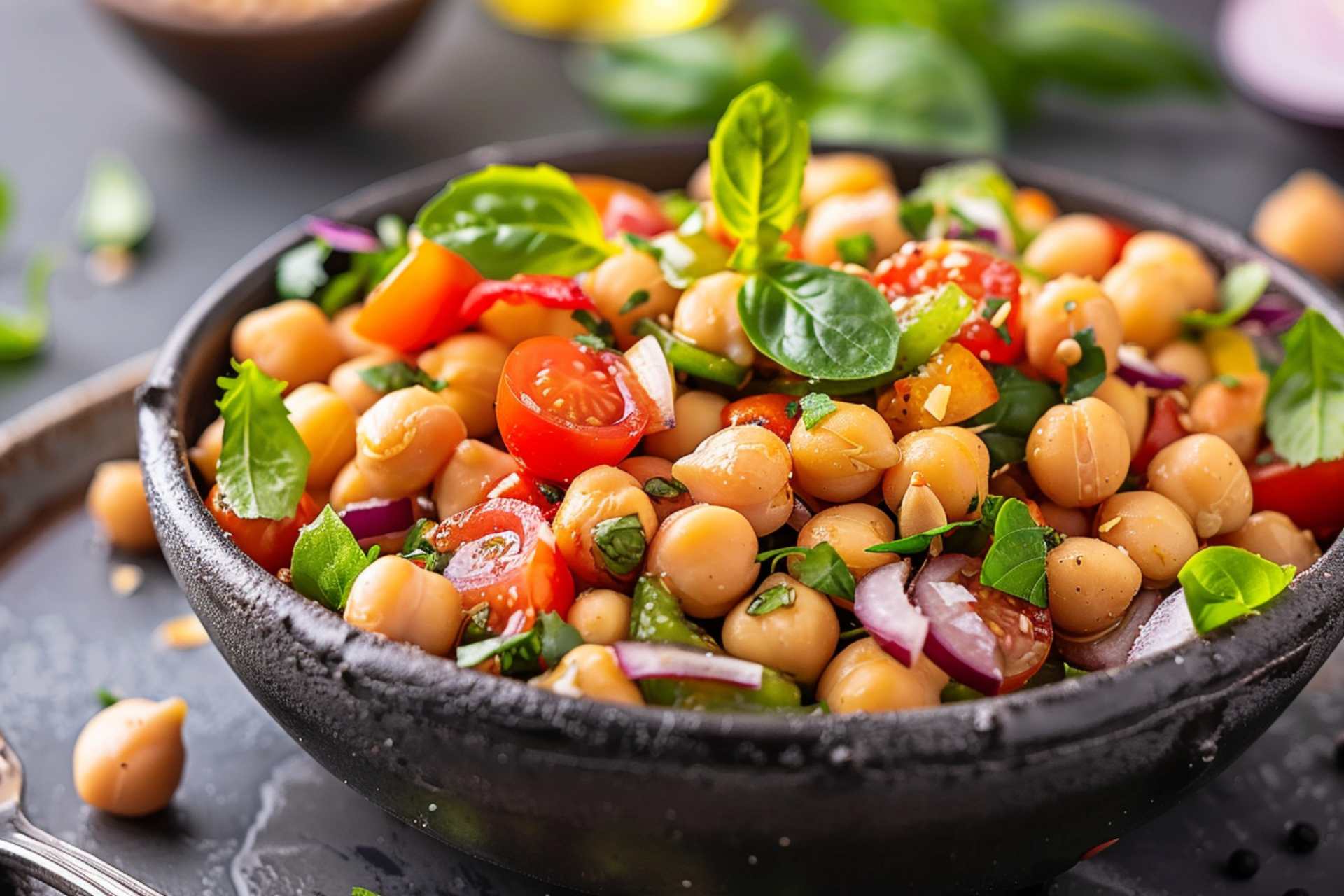Craving a mood boost? Dig into plants! This blog explores how plant-based eating can improve mental well-being & fuel your happiness
Food serves not only as fuel for our bodies but also as a powerful catalyst for enhancing our mental well-being. In recent years, mounting research has shed light on the profound connection between dietary choices and mental health outcomes. One particularly compelling area of study revolves around the impact of a plant-based diet on our emotional resilience and psychological equilibrium. Emerging evidence suggests that adopting a diet rich in fruits, vegetables, whole grains, legumes, and nuts may hold the key to unlocking a brighter, more balanced state of mind.
Indeed, the notion that ‘you are what you eat’ has never rung truer when it comes to mental health. Studies have shown that individuals who prioritize plant-based foods in their diets often experience a notable improvement in mood regulation and a reduction in symptoms associated with anxiety and depression. But what is it about plant-based eating that yields such profound effects on our mental well-being?
One contributing factor lies in the nutritional composition of plant-based foods themselves. Fruits and vegetables, in particular, are abundant sources of essential vitamins, minerals, antioxidants, and phytonutrients that play pivotal roles in brain health and neurotransmitter function. For instance, nutrient-dense foods like leafy greens and berries boast high levels of vitamins C and E, which have been linked to cognitive function and mood enhancement.
Moreover, the fibre content found in plant-based foods promotes a healthy gut microbiome, leading to improved gut-brain communication and a more robust immune system. This gut-brain axis is increasingly recognized as a crucial determinant of mental health, with research suggesting that disruptions in gut microbiota composition may contribute to mood disorders.
Furthermore, the absence of certain harmful components commonly found in animal-based products, such as saturated fats and cholesterol, may further support mental well-being. By adopting a plant-based diet, individuals not only reduce their intake of potentially inflammatory substances but also embrace a dietary pattern inherently aligned with promoting overall health and vitality.
In essence, the emerging body of research underscores the profound influence that our dietary choices can exert on our mental and emotional states. By embracing a plant-based lifestyle, individuals not only nourish their bodies with wholesome, nutrient-rich foods but also cultivate a foundation for enhanced mental resilience and well-being. As we continue to uncover the intricate interplay between diet and mental health, the case for prioritizing plant-based eating as a cornerstone of holistic wellness grows increasingly compelling.
So, what’s the science behind this veggie power? Here’s how filling your plate with plants can positively impact your mental state:
- Brain Food: Plant-based foods are loaded with nutrients that are essential for brain health. Fruits, vegetables, whole grains, and legumes are rich in antioxidants, vitamins, and minerals that can help protect brain cells from damage and inflammation.
- The Power of Plants: Many plant foods contain phytochemicals, which are natural compounds with mood-boosting properties. For example, quercetin, found in apples, berries, and onions, acts like a natural antidepressant by increasing levels of feel-good neurotransmitters like serotonin and dopamine.
- Gut Feeling: Our gut health is intricately linked to our mental health. A plant-based diet, high in fiber, promotes the growth of good gut bacteria, which can reduce inflammation throughout the body, including the brain.
- Goodbye Processed, Hello Mood: Plant-based diets tend to be lower in processed foods, saturated fats, and added sugar. These have been linked to increased inflammation and poorer mental health.
Of course, going plant-based doesn’t mean sacrificing flavor or variety. There are endless culinary creations waiting to be explored! Here are some tips to get you started:
- Rainbow on Your Plate: Aim for a colorful mix of fruits and vegetables on your plate at every meal.
- Get Grainy: Opt for whole grains like brown rice, quinoa, and whole-wheat bread for sustained energy and mood.
- Bean There, Done That: Beans and lentils are a fantastic source of protein and fiber. Explore delicious ways to incorporate them into your meals.
- Don’t Fear the Fat: Healthy fats from nuts, seeds, and avocados are essential for brain health and overall well-being.
- Make it Fun!: Experiment with new recipes, explore ethnic cuisines, and get creative in the kitchen.
Remember, transitioning to a plant-based diet is a journey of self-discovery and empowerment. By embracing gradual changes and incorporating more plant-based meals into your routine, you’re not only improving your own health but also contributing to the well-being of the planet. Enjoy the process of exploring new flavors, experimenting with ingredients, and discovering the abundance of delicious plant-based options available to you. With each plant-based meal, you’re not just nourishing your body – you’re nurturing a healthier, happier, and more sustainable future for yourself and generations to come.

